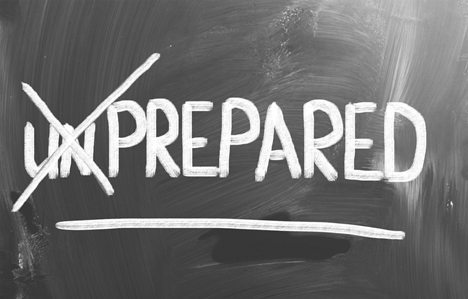The rise of reporting analytics has been sharp, while companies have started to use the tools to become a bit more efficient and intelligent in record-keeping and relevant procedures. One of the best applications of big data and reporting analytics is the attachment to core system oversight requirements, including those related to security and uptime, as these tools can significantly reduce the risk of outages and vulnerability for any company.
Although many firms will begin a reporting analytics strategy in a way that targets accounting, human resources and similar data entry-intensive processes within operations, it does not take long to begin applying the solutions to more abstract concepts. In the case of security and uptime, reporting analytics will make vulnerabilities and mistakes clearer more quickly, leading to greater defense against disruptions and loss over time.
At the end of the day, it will be up to business leaders to establish methods that ensure the integrity of their analytics programs, as simply deploying the software without tight planning and firm objectives will not allow the solutions to function optimally. Leveraging the support of a reliable provider of automation software can often help companies get their reporting analytics frameworks up to speed in a shorter period of time than when going it alone.
Security prowess
TechTarget recently explained some of the successes major retail firms have had with the use of big data and reporting analytics in their security strategies, pointing to Sears which has a relatively revolutionary system in place to defend against breach. Remember, retail sector competitors have been among the worst performers when it comes to keeping sensitive information safe and secure, as evidenced by countless massive breaches that have occurred in the past few years.
In fact, perhaps the only industry that has struggled more to protect client information is health care, but the space between the two in these regards is not all that big. According to the news provider, Sears had hired an outsourced consultant to craft an analytics program that would essentially correlate security data to real-time risks, better revealing which types of problems are on the horizon and allowing the firm to more quickly mitigate threats.
One of the main reasons why analytics is such a good option for companies looking to enhance security is the fact that networks, devices and users are generating a wealth of data that is highly relevant to the types of vulnerabilities sprouting up at any given time. The source pointed out that business leaders – namely corporate executives – will need to become a bit more involved and willing to try analytics, as this case with Sears was one of many to be at least somewhat held back by a lack of high-level buy-in.
Disaster averted
Similarly to security data being generated through so many sources, analytics can help companies get a stronger handle on their network performance management, as well as other systems that need to be covered to avoid outages and downtime. In some respects, downtime is an even more pressing issue to businesses today than security, as the average cost of outages can exceed hundreds of thousands of dollars within the first day.
Leveraging analytics solutions to become more intelligent in security and disaster recovery is certainly a more common approach to these matters today, and highlights the robust applications for which these tools can be used. Before the next major data breach strikes or downtime rears its ugly head, begin to become more intelligent in process management and general oversight with the help of reporting analytics.






